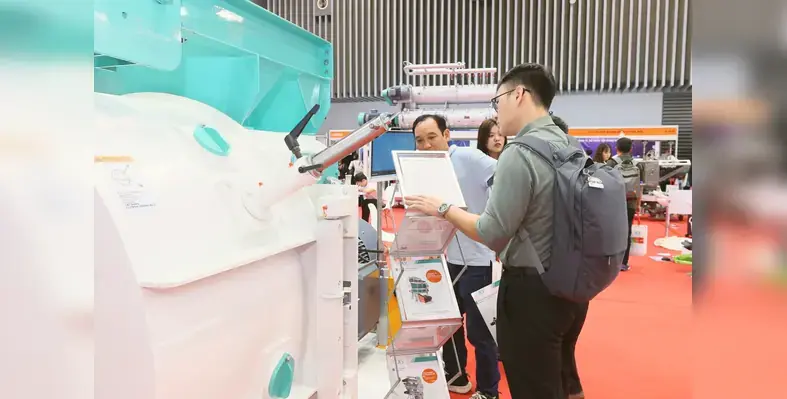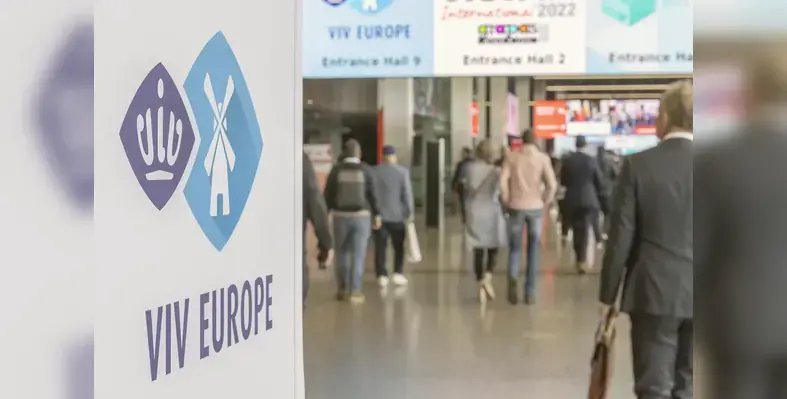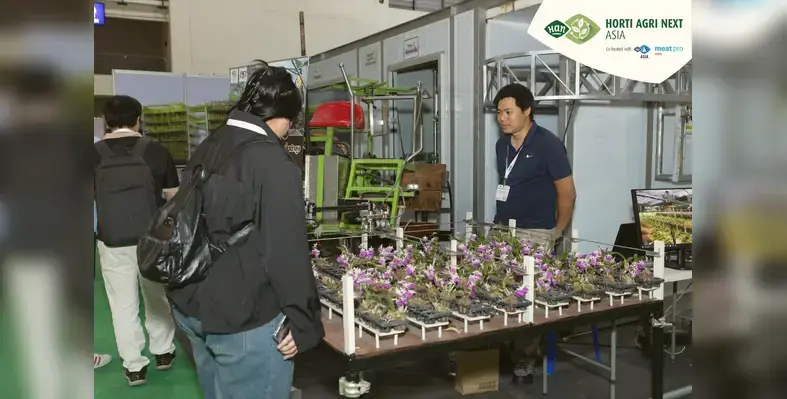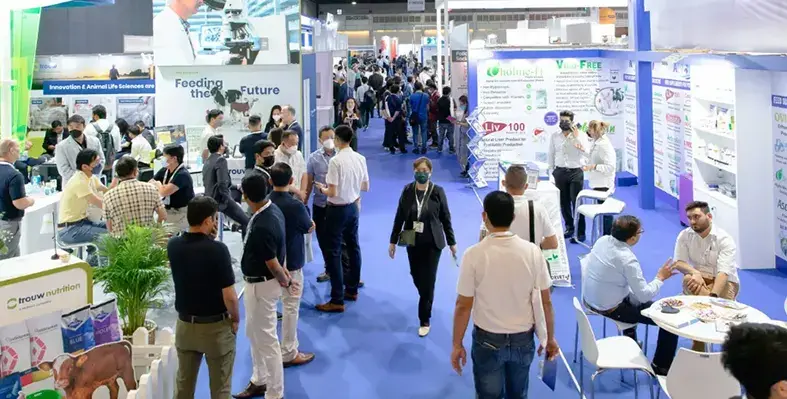
Vietstock has established itself as Vietnam’s leading international exhibition for the feed, livestock, aquaculture and meat industry. (Image credit: VIETSTOCK)
Vietstock Expo & Forum 2026, which is scheduled to take place from 21 to 23 October 2026 at the Saigon Exhibition & Convention Center (SECC) in Ho Chi Minh City, Vietnam, is set to be a major moment for the livestock and aquaculture sectors in Asia.
Over the years, Vietstock has established itself as Vietnam’s leading international exhibition for the feed, livestock, aquaculture and meat industry, and the 2026 edition is expected to reinforce its reputation as a trusted meeting place for professionals from across Southeast Asia and beyond.
Building on the momentum of previous editions, Vietstock 2026 is expected to be one of the largest events in its history. Organisers are projecting around 300 international and local exhibitors and approximately 13,000 trade visitors and professional buyers over the three day show. This scale reflects the growing importance of the region within global food and agriculture systems, as well as the demand for platforms that connect businesses across the entire farm to fork value chain. From feed manufacturers and livestock producers to meat processors and agricultural technology providers, the event offers space for meaningful exchange and collaboration.
A central feature of Vietstock 2026 will be its broad showcase of products, solutions and technologies shaping the future of livestock and related industries. Alongside the exhibition floor, the programme will include industry conferences and technical seminars, as well as specialist forums such as the Antimicrobial Resistance Forum. These sessions are designed to encourage discussion around current challenges and future opportunities, while networking activities such as meet ups and match making programmes will help participants turn ideas into partnerships.
Beyond the main exhibition, 2026 will also see related events delivered under the wider livestock and aquaculture series. According to announcements from Informa Markets, the Aquaculture Vietnam & VietShrimp Asia 2026 event will take place earlier in the year in March at the same SECC venue. Additional livestock and aquaculture exhibitions are also scheduled throughout 2026 in Taiwan and the Philippines, further strengthening regional connections.
Together, these events highlight Vietstock’s growing role in bringing the livestock and aquaculture community together and showcasing the trends, solutions and business opportunities shaping agriculture across Asia in 2026.







